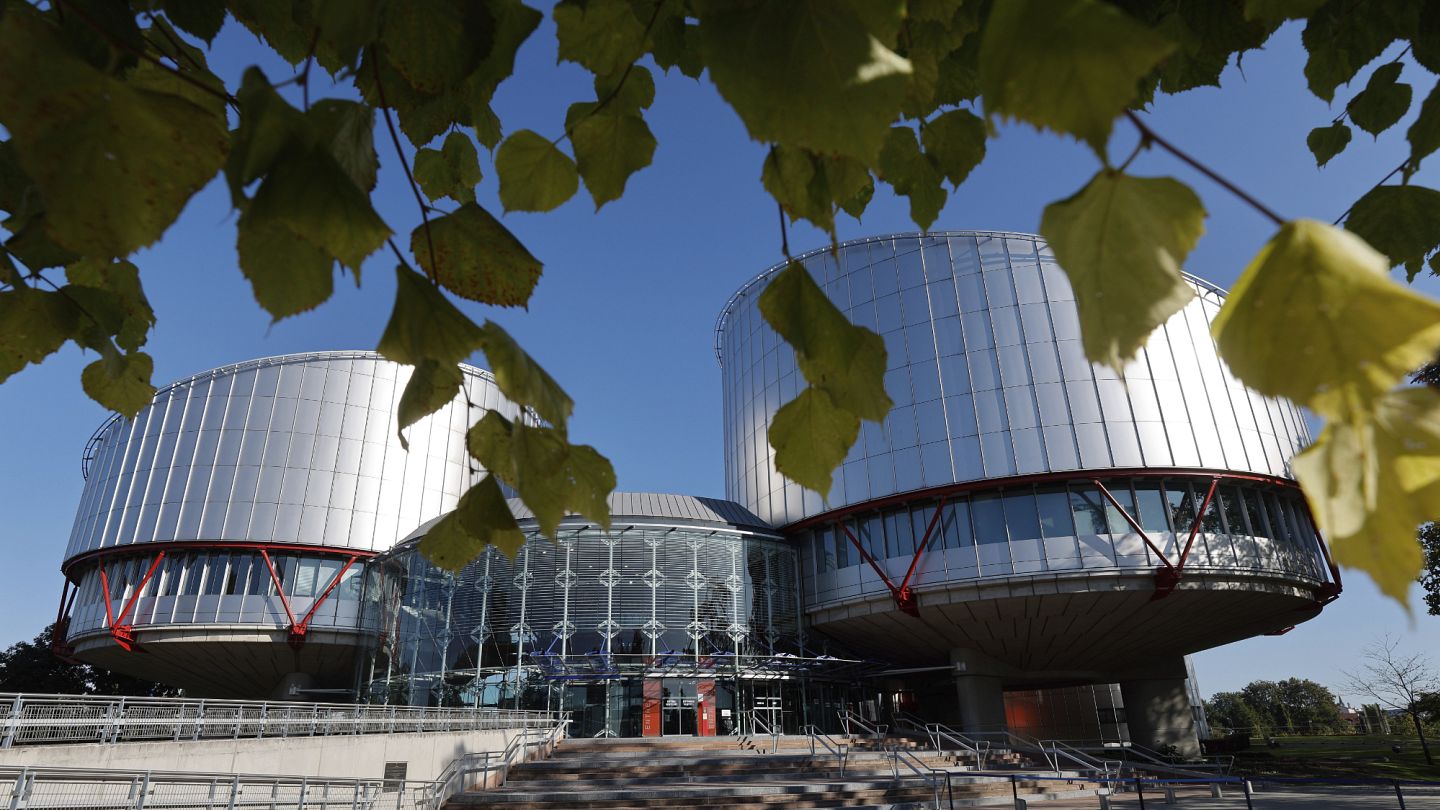Top European court condemns France for failure to protect girls who reported rape
France is in the midst of a long-running debate on expanding the definition of rape to include the absence of consent.
The European Court of Human Rights (ECHR) has sided with three French women who said they were raped when they were aged 13, 14 and 16 and that French authorities did not do enough to protect them.The ruling, which was handed down on Thursday, is set to add pressure to France's national debate on the inclusion of consent in the law for sexual offences that was reignited last year by the trial of Dominique Pelicot and 50 other men for the repeated rape of Pelicot's drugged wife, Gisèle.France has taken steps to toughen punishment for rape and sexual misconduct, including setting the age of consent at 15, but the definition of rape in the country's criminal law still does not include the lack of consent.In all three cases examined by the ECHR, the applicants argued that their age and their vulnerability at the time should have been considered by the authorities. The court ruled that neither those who investigated the alleged crimes nor the French courts did enough to protect the women who said they were raped. The court also said that in two of the cases, criminal proceedings were not handled quickly or carefully enough.The court condemned France for violating articles of the European Convention on Human Rights that prohibit torture and inhuman or degrading treatment, as well as the women's right to respect for their private lives."The court considered that the domestic courts had not properly assessed the impact of all the circumstances surrounding the events; nor had they taken sufficient account, in evaluating whether the applicants had been capable of understanding and of giving consent, of the particularly vulnerable situations in which they had found themselves, particularly in view of their ages," the ECHR said in its ruling.The court also noted the "lack of promptness and diligence in the conduct of the criminal proceedings" in two of the three cases.Duty of care neglectedThe first case concerned a teenager who complained that she had been raped in 2009 by two 21-year-old men who were firefighters stationed in barracks near her home.The girl described herself as psychologically fragile and a victim of school bullies, and said she taken medication and been hospitalised in a children's psychiatric ward on several occasions.She stated that she had sexual relations with one of the firefighters on several occasions. She added that her contact details had subsequently been "circulated" among other firefighters at several fire stations, who had contacted her by text or Facebook.A second plaintiff reported being raped by two men aged 21 and 29 when she was 14. The third woman reported being raped at the age of 16 by an 18-year-old man at her home after a party.In the case of the girl who said she was assaulted by firefighters, the court also found that French authorities failed "to protect the applicant's dignity, by permitting the use of moralising and guilt-inducing statements, which propagated gender stereotypes and were capable of impairing victims' confidence in the justice system".The court said it had not been asked to decide whether the people who were accused of committing the crimes were guilty, and that its findings cannot be taken as verdicts in the cases concerned.The way rapes are defined and prosecuted in criminal law still varies widely across Europe. Although some countries use consent-based definitions, many others still require demonstration that perpetrators used physical force or threats.As things stand, French law considers that rape can be considered to have occurred when "an act of sexual penetration or an oral-genital act is committed on a person, with violence, coercion, threat or surprise."


